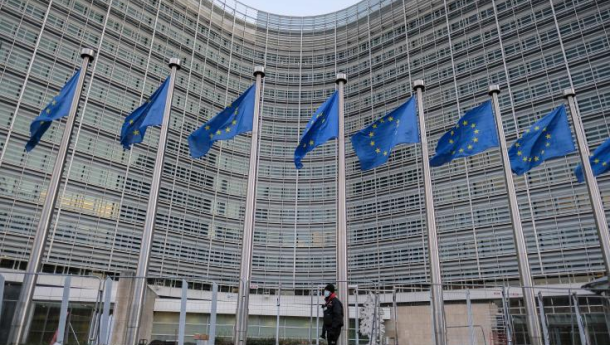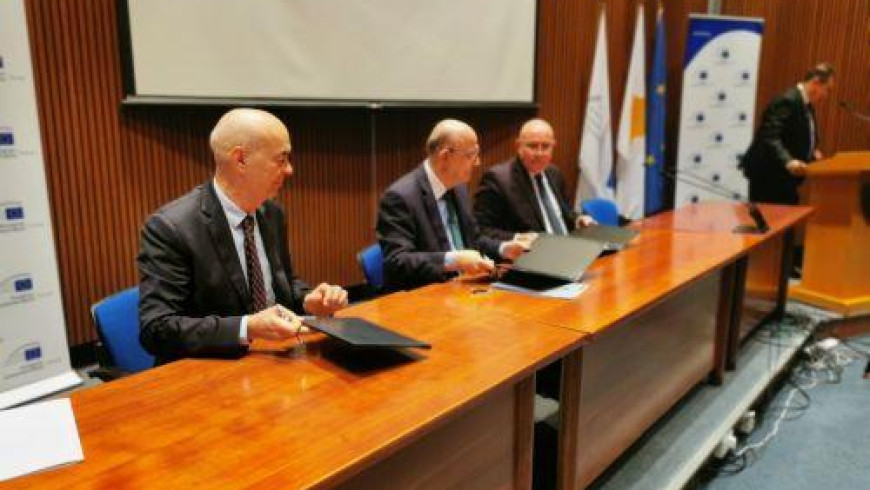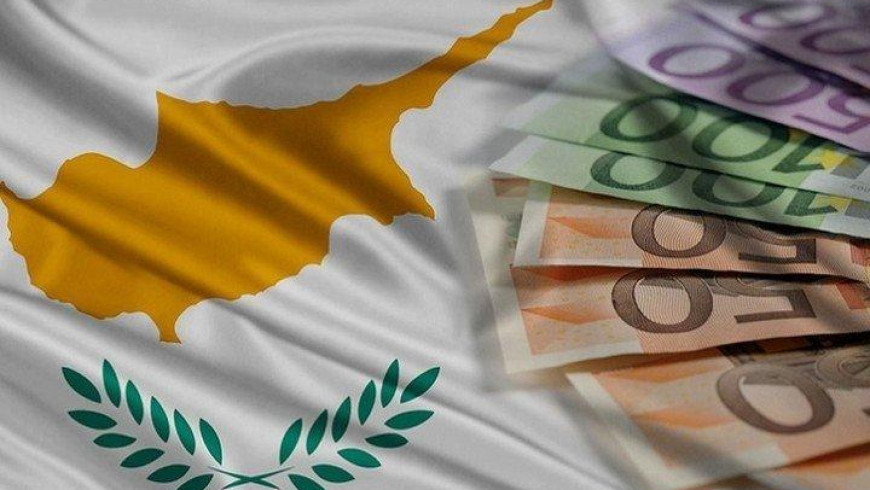
The European Commission has endorsed a preliminary positive assessment for Cyprus' second payment request of €152 million under the Recovery and Resilience Facility (RRF), which is part of the NextGenerationEU initiative. The approval covers 37 out of 38 key milestones and targets, signaling significant progress in the country's recovery plan. However, a tax reform to address aggressive tax planning remains unresolved, potentially delaying full disbursement.
As the Commission announced, the second and third instalments of the RRF funding will support a broad range of reforms and investments in Cyprus, with a focus on public health, education, energy efficiency, renewable energy, and measures to combat forest fires and floods. The package also includes important steps in water management, research and innovation, anti-corruption efforts, and improving tax policy.
Significant progress on reforms
Among the notable measures achieved by Cyprus are the establishment of an Independent Authority against Corruption and the facilitation of strategic investments. These reforms aim to enhance the island’s legal framework and economic resilience, addressing issues such as low productivity and competitiveness.
In addition to these developments, the Commission noted progress in the delivery of 17 reforms and 19 investments and a new audit and control milestone, that will drive positive change for citizens and businesses in Cyprus in the areas of public health, education, energy efficiency and renewable energy, protection against forest fires and floods, water management, agriculture, research and innovation, financial support to enterprises, public administration, anti-corruption, and taxation.
Unmet milestone on tax reform
The one unmet milestone involves a reform to curb aggressive tax planning, particularly for international businesses operating in Cyprus. The Commission is now considering suspending part of the payment linked to this reform. Cyprus has one month to respond to the Commission’s concerns, after which a final decision on the payment will be made.
Should the Commission maintain its assessment that the tax reform has not been adequately addressed, Cyprus will be granted an additional six months to meet the outstanding requirements. If fulfilled, the suspended payment will be released.
According to an EU official, the legislation on tackling aggressive tax planning pertains to international companies and is related to the fact that Cyprus had a zero rate for withholding, dividends, and royalty tax. “What Cyprus presented to us does not effectively address the issue," he said.
The official added that Cyprus still has time to address the issue, with a six-month period granted for full compliance.
Next steps
The Commission has forwarded its preliminary assessment to the Economic and Financial Committee (EFC), which has four weeks to issue its opinion. Cyprus, meanwhile, has been formally notified of the incomplete tax reform and has the opportunity to submit its observations. If the milestone is still deemed unsatisfactory after review, the Commission will suspend part of the payment, with the option to lift the suspension once the reforms are completed.
Cyprus’ overall recovery plan, valued at €1.2 billion, includes €1.02 billion in grants and €200 million in loans. As the country continues to implement reforms, it remains focused on meeting the broader 2026 target set by the European Union.
The EU official also pointed out that all member states, including Cyprus, are in a "race against time" to implement the Recovery and Resilience Plan by 2026. In its June recommendations, the European Commission urged member states to accelerate the implementation of their recovery plans, allocating the necessary resources to ensure completion by 2026. According to the EU official, Cyprus has submitted its third request under RRF, with a fourth request expected in the coming months.














 3287.99
3287.99 1275.09
1275.09
